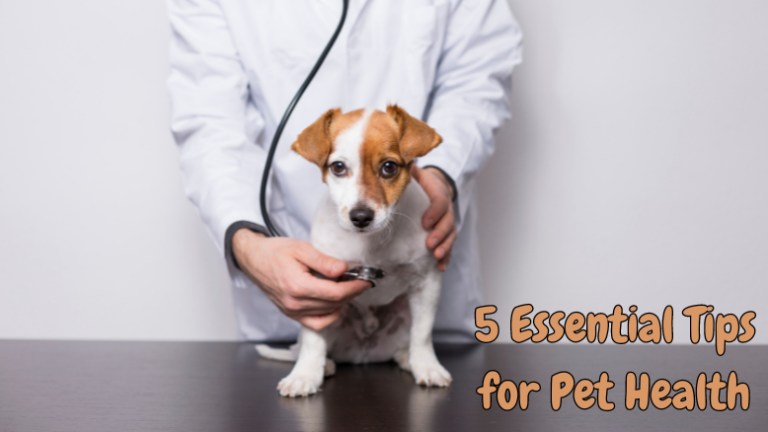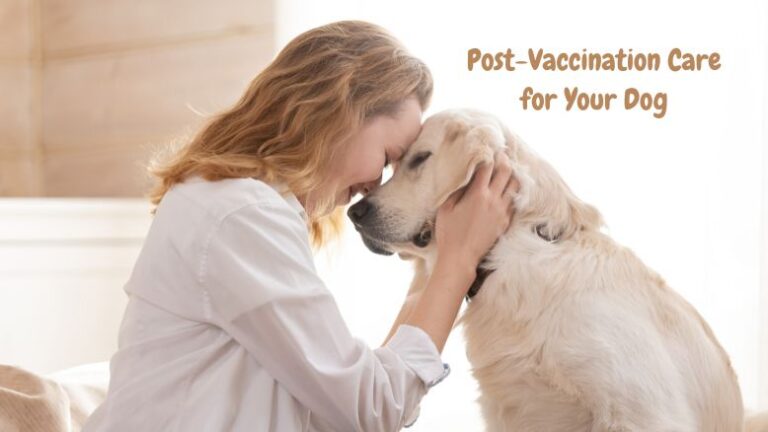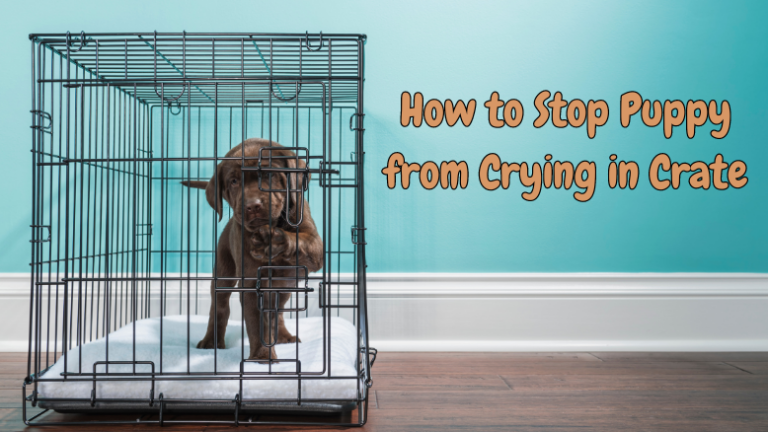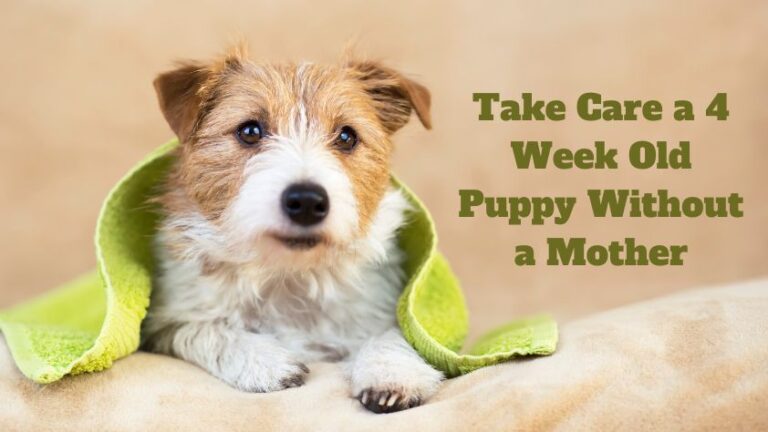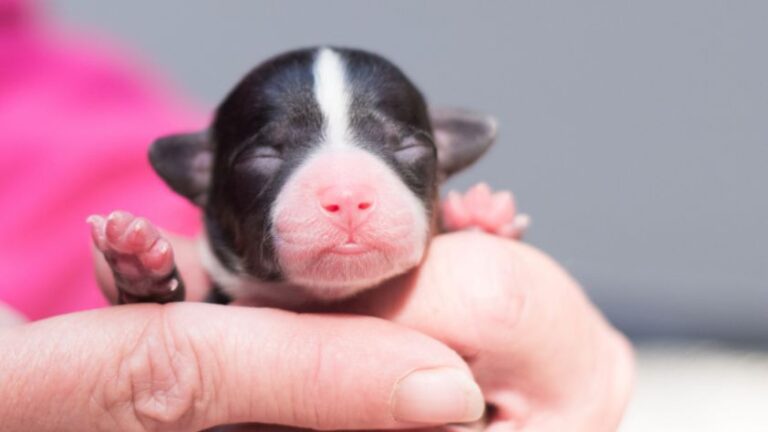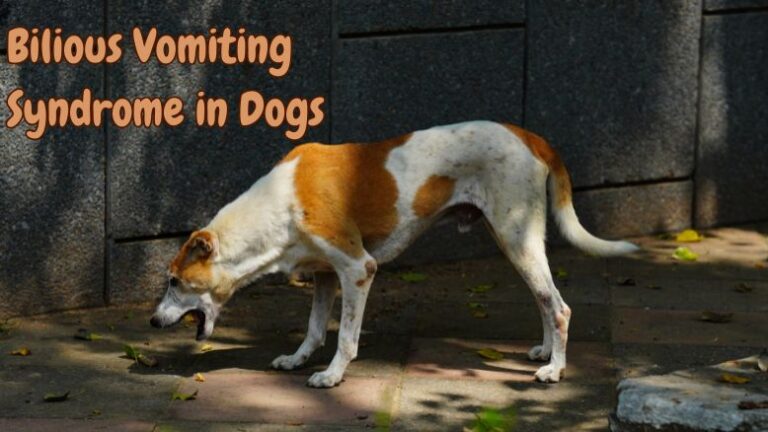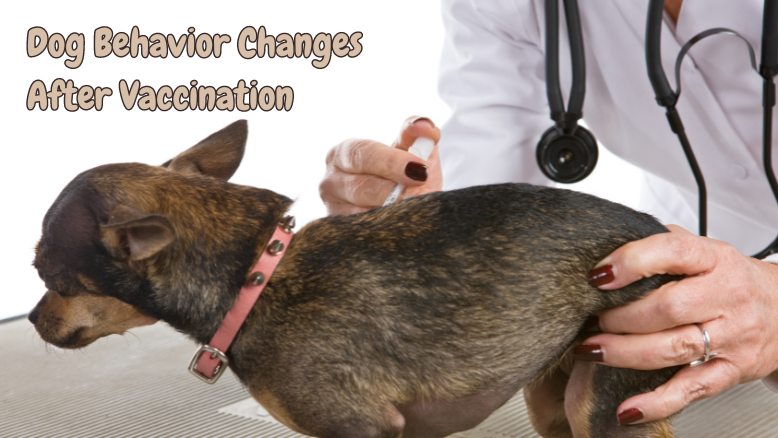
Vaccinations are important to protect your dog’s health. Without these essential vaccines, your dog is at risk of developing serious diseases.
Our Brentwood veterinarians discuss the importance of vaccines for dogs, the behavioral changes you can expect after being vaccinated, and why your pup may act differently after receiving the vaccine.
Why Vaccines are Essential for Your Dog’s Health
As a responsible pet owner, you recognize the importance of vaccinations in protecting your furry friend from many serious and highly contagious diseases.
Vaccines are essential to your dog’s health, protecting him against a variety of life-threatening conditions. Although some pet owners worry about the safety of vaccines, extensive research and testing ensure that vaccines are as safe as possible.
The risks posed by these serious diseases far outweigh any potential risks from vaccines.
However, it is relatively common for dogs to show certain behavioral changes after vaccination. Below, we explore some of the possible reasons for these behavioral changes and why they might occur.
What to Expect After Your Dog’s Vaccinations
Changes in your dog’s behavior after a rabies vaccine or other complex vaccines are not uncommon. These changes, although sometimes worrying, are usually temporary and vary from dog to dog.
Some puppies may also become hyperactive after vaccination. Here are some common reactions you may see after vaccinating your dog:
- Lethargy: Dogs may feel lethargic or tired after vaccination. This is a natural response as the body converts energy to create an immune response. Let your dog rest and recover during this period.
- Decreased Appetite: Vaccines can temporarily affect a dog’s appetite. If your pet seems less interested in eating soon after receiving the injection, it is usually not a cause for concern. Make sure they have access to fresh water and monitor their eating habits. If loss of appetite persists for more than a day or two, consult your veterinarian.
- Mild Discomfort: Some dogs may experience mild discomfort or pain at the injection site. They may show signs of sensitivity to touch or avoid putting weight on the affected leg, especially if the vaccine was given in the leg region. This discomfort usually disappears after a few days.
Why Do Behavior Changes Happen?
So why does your dog behave differently after a rabies vaccine or another vaccine? Several factors may contribute to the behavioral changes seen in dogs after vaccination.
Consider these factors when evaluating your dog’s response to recent vaccinations:
- Individual Sensitivity: Just like humans, dogs have different sensitivities and reactions to vaccines. Some dogs may be more likely to experience behavioral changes, while others may not show significant differences.
- Vaccine Components: Vaccines contain certain ingredients to increase their effectiveness and shelf life, such as adjuvants or preservatives. In rare cases, dogs may have allergic reactions to these ingredients, causing more pronounced behavioral changes. Discuss any concerns with your veterinarian to ensure proper vaccinations are administered.
- Stress and Anxiety: Visits to the vet, including vaccinations, can cause stress and anxiety in dogs. Discomfort, strange surroundings, or the anticipation of unfamiliar people can trigger temporary changes in behavior. Comforting your dog with gentle reassurance and positive reinforcement can help relieve stress during these visits.
When to Seek Veterinary Care
While most behavioral changes after vaccination are normal and resolve within a few days, some situations may require veterinary attention. Contact your veterinarian if you notice any of the following symptoms:
- Severe or Prolonged Behavior Changes: If your dog’s behavior changes are severe, persist for a long time, or get worse over time, consult your veterinarian. These changes may indicate an adverse reaction or an unrelated underlying problem.
- Allergic Reactions: If your dog shows signs of an allergic reaction, such as excessive swelling, difficulty breathing, or vomiting, seek immediate veterinary attention. Allergic reactions are rare but can be serious.
- Uncharacteristic Behavior: If your dog exhibits abnormal behavior unrelated to the normal changes mentioned above, it is advisable to consult a veterinarian. They can help determine if the behavior is related to the vaccine or due to another health problem.
Should You Have Your Dog Vaccinated?
Behavioral changes in dogs after vaccination are relatively common and usually harmless. Understanding the purpose of vaccinations, being aware of potential behavioral changes, and monitoring your dog’s well-being will help ensure a positive, healthy experience for your furry companion.
If you are concerned about the safety of dog vaccines, talk to your veterinarian to determine if your dog should be vaccinated. Your veterinarian can evaluate your dog’s overall health, lifestyle, and risk factors to help you decide if vaccination is right for your dog.
Note: The advice provided in this post is intended for informational purposes and does not constitute medical advice regarding pets. For an accurate diagnosis of your pet’s condition, please make an appointment with your vet.

